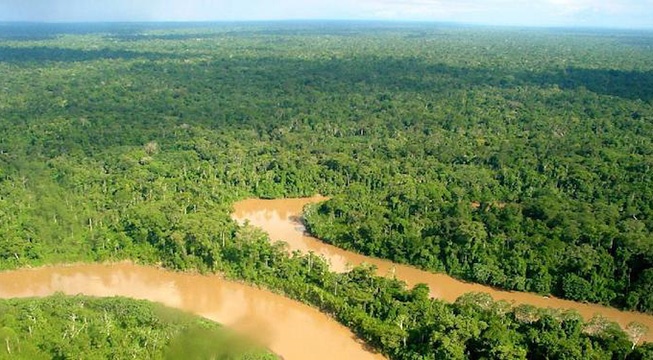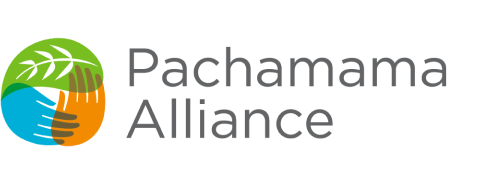
The International Day of Action for Rivers and Against Dams is Saturday, March 14. Every year, thousands of people around the world lift their voices to celebrate the world's rivers and those who struggle to protect them. International Day of Action for Rivers and Against Dams is also a day to recognize the valuable role that rivers play in the health of our global ecosystems and as the major sources of water for our everyday use.
For people who live in countries where they can turn on their water spigots to receive water to drink, it can be easy to forget about where that water comes from and to take it for granted. But for the Indigenous people living alongside the Amazon River and other rivers of the world, who drink water directly from the river, clean water is essential for health and survival.
The Amazon River
The Amazon River is by far the world’s largest river in terms of volume and area, generating a fluvial distribution that accounts for about a fifth of riverine input into the world’s oceans. In the Ecuadorian Amazon, oil spills have been poisoning the soil, water, vegetation, and people of the region for over twenty years. Since thousands of Indigenous people living alongside the Amazon River depend on the river for their continued existence, they are the most adversely affected when pollution enters the rivers close to their communities.
In the Ecuadorian Amazon, years of consuming contaminated water has led to significant rises in cancers, birth deformities, miscarriages and disease amongst the Indigenous populations throughout the entire region. In addition, this pollution of the river microbiome has contributed to rainforest deforestation that further reduces the amount of water in the Amazon River because the forests help to produce rain in the region that replenishes the water in rivers.
Indigenous people not only view rivers as a source of life, but also view themselves as an integral part of the river system. It is because of this holistic understanding and dependence on clean water in the rivers where they live for their very survival, that Indigenous people feel a strong responsibility for the health of rivers.
Following the Example of our Indigenous Partners
We can follow the strong example of our Indigenous brothers and sisters on International Day of Action for Rivers and Against Dams Day and take responsibility for the extent of our water footprints and health of our rivers during this time of climate change and water shortages. Consider these facts:
- Half the world’s major rivers are being seriously polluted and/or depleted.
- Within about 10 years most people on the planet will face life with water shortages.
According to International Rivers, we all belong to a watershed (an area of land that catches all the rain and directs it to a stream, river, or lake). Everything we do affects our watershed—from washing clothes and growing food to mining, commercial farming, and building roads or dams.
Moreover, we all live downstream from someone, and upstream from someone else. Anything dumped on the ground or released into the air can come down again, in rivers nearby or thousands of miles away. Since rivers do not follow political or geographic boundaries, what happens in the Amazon River and in rivers across the globe is affecting the health of our local ecosystems.
